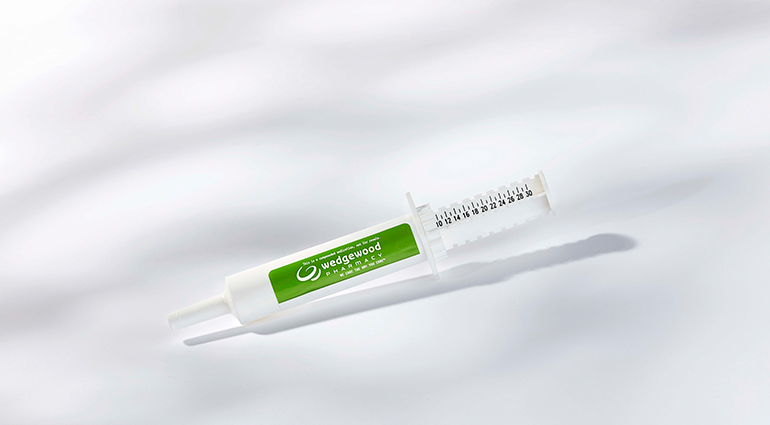A Guide to Different Types of Horse Supplements and Their Benefits
Introduction
Just like humans, horses require a balanced diet to maintain their health and performance levels. While high-quality forage is the foundation of their nutrition, there are instances when supplementary support becomes essential to address specific needs. This is where horse supplements come into play. These supplements are formulated to provide additional nutrients that might be lacking in a horse’s diet or to support their overall well-being and performance. In this blog post, we’ll explore the different types of horse supplements available and the benefits they offer.
- Vitamin and Mineral Supplements
Vitamins and minerals are essential for various bodily functions in horses, just as they are for humans. These nutrients play a crucial role in maintaining strong bones, supporting the immune system, and aiding in metabolic processes. However, the levels of these nutrients in forage and grains can vary, leading to potential deficiencies. Vitamin and mineral supplements help bridge these gaps, ensuring your horse receives all the necessary nutrients for optimal health.
Benefits:
- Improved immune function
- Strong bones and joints
- Enhanced coat and hoof quality
- Proper cellular function and energy production
- Joint Supplements
Horses, particularly those engaged in strenuous activities like racing or jumping, are prone to joint issues such as arthritis. Joint supplements often contain ingredients like glucosamine, chondroitin, and hyaluronic acid, which support joint health and reduce inflammation. These supplements can help alleviate pain, improve joint mobility, and prevent further deterioration.
Benefits:
- Reduced joint pain and stiffness
- Enhanced joint lubrication
- Improved range of motion
- Prevention of joint-related ailments
- Digestive Health Supplements
A healthy digestive system is vital for a horse’s overall well-being. Digestive supplements typically contain probiotics and prebiotics that support gut flora balance, aiding in proper digestion and nutrient absorption. These supplements are particularly useful for horses prone to digestive upset or those undergoing dietary changes.
Benefits:
- Improved nutrient absorption
- Minimized risk of colic and digestive disturbances
- Balanced gut microbiome
- Enhanced overall digestive efficiency
- Hoof and Coat Supplements
The appearance of a horse’s coat and the quality of their hooves can reflect their internal health. Hoof and coat supplements often include biotin, omega-3 fatty acids, and amino acids that promote healthy skin, a shiny coat, and strong hooves. These supplements are especially beneficial for horses with brittle hooves or dull coats.
Benefits:
- Strong, resilient hooves
- Healthy skin and coat
- Reduced likelihood of hoof-related issues
- Improved overall appearance
- Performance Supplements
Horses involved in competitive sports or rigorous training may require additional support to maintain their energy levels and performance. Performance supplements often contain amino acids, electrolytes, and energy-enhancing ingredients that help sustain energy during workouts and competitions.
Benefits:
- Increased stamina and endurance
- Quicker post-exercise recovery
- Optimal muscle function
- Minimized risk of dehydration and electrolyte imbalances
Conclusion
Horse supplements can play a significant role in maintaining the health, well-being, and performance of your equine companion. Before introducing any supplement into your horse’s diet, it’s essential to consult with a veterinarian or equine nutritionist. These professionals can assess your horse’s specific needs and recommend the most appropriate supplements and dosages. Remember, supplements are meant to complement a balanced diet and a healthy lifestyle, not replace them. With proper care, attention, and the right supplements, you can contribute to your horse’s longevity, vitality, and success in various activities.




